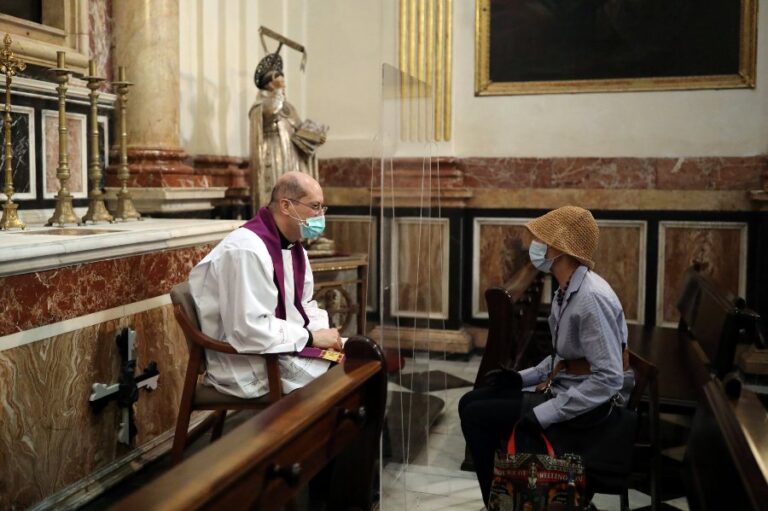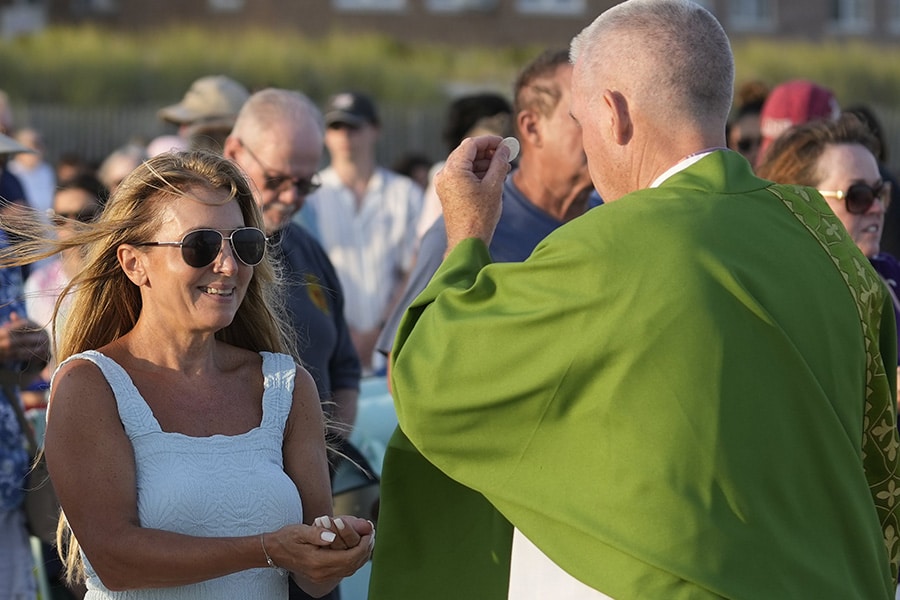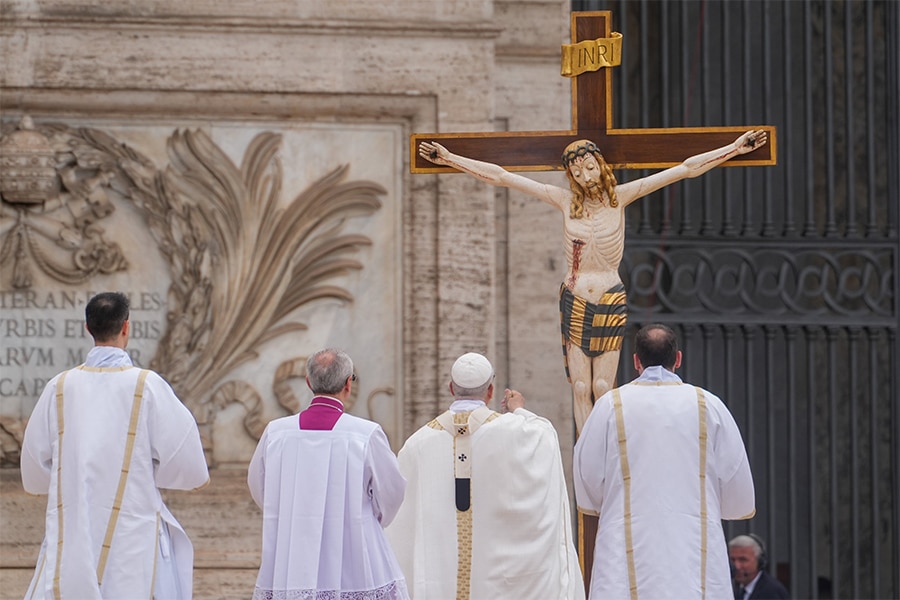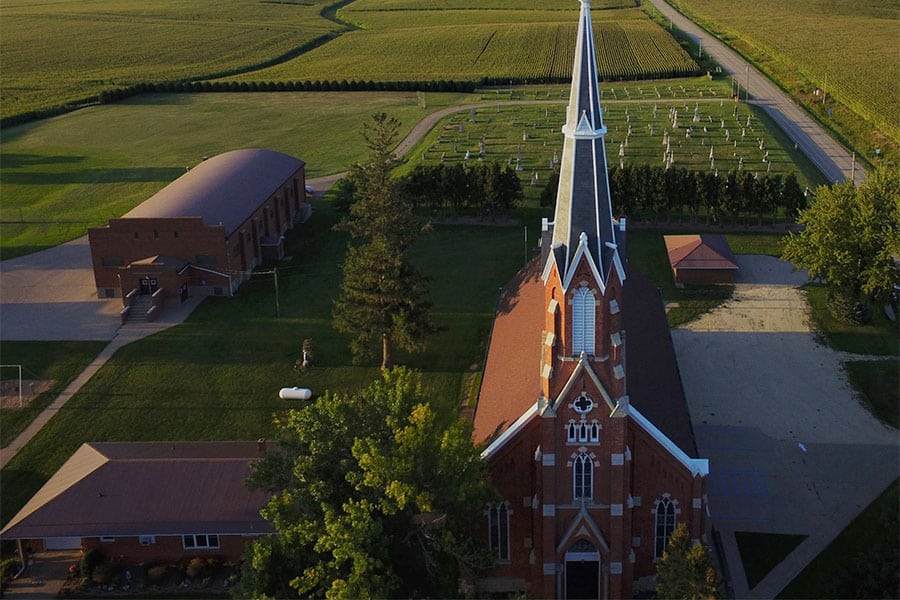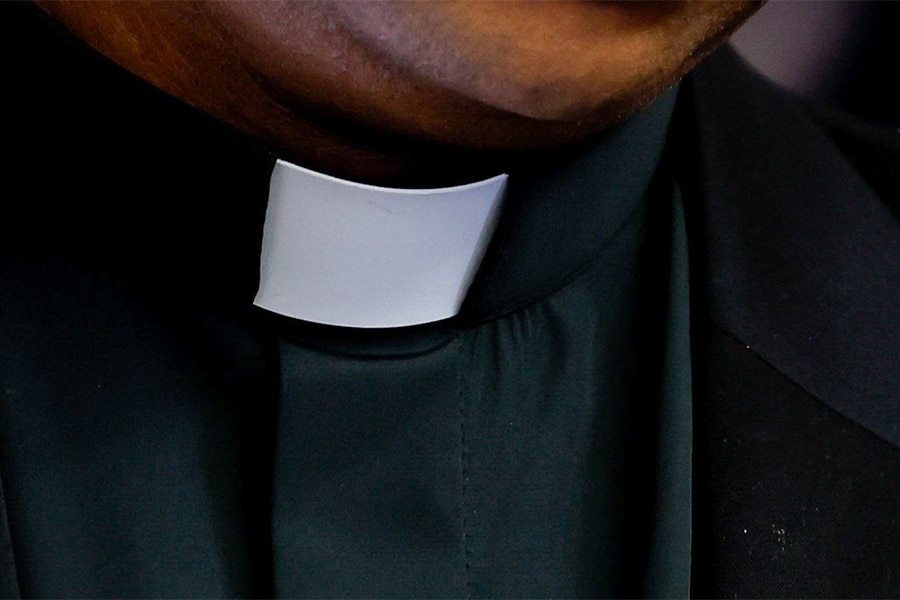Q. In a recent column, you said that if a couple enters into marriage consciously intending never to have children, that marriage, in the church’s eyes, would be invalid. That response took me by surprise.
If a couple in their later years (past the age of childbearing) is seeking the sacrament of marriage, would their marriage be deemed invalid? Also, if a young couple simply cannot afford to raise a child, would their marriage also be invalid? (Roanoke, Virginia)
A. The church views children as the supreme gift of marriage and has always regarded openness to children as an essential part of what marriage is. That having been said, a couple who marry later in life (beyond childbearing years) may certainly contract a valid marriage in the church’s eyes.
One of the questions the priest or deacon asks a couple during the wedding ceremony is this: “Are you prepared to accept children lovingly from God and bring them up according to the law of Christ and his church?”
But the ritual itself instructs the officiant that this question “may be omitted if, for example, the couple is advanced in years.”
As to the young couple who feel they can’t afford a child, I would ask: Do you mean “not right now” or “not ever”?
The difference is this: If the couple simply wants to wait to have children, that doesn’t automatically affect the validity of the marriage; if, however, they intend to exclude children always and forever, this would render the marriage invalid in the mind of the church.
I might also ask this couple whether they have considered deferring their marriage until a more suitable time.
Q. I am a 92-year-old homebound woman — nearing the end of my earthly journey. Lately I have been plagued by the thought that I might be committing a grievous sin for receiving holy Communion without going to confession first. With a clear conscience, I know that I have not committed a mortal sin.
I have not gone to confession for more than 50 years, if memory serves me right, but I had been receiving Communion weekly up until the onset of COVID-19. Now my grandniece plans to resume driving her mom and me to weekly Mass, since we have already had our second vaccinations. Can I continue to receive holy Communion? (city and state withheld)
A. Please relax and be at peace. You may certainly continue to receive holy Communion. If you have not committed any mortal sins, you are not obliged to go to the sacrament of reconciliation first.
Canon 989 of the Code of Canon Law says, “After having reached the age of discretion, each member of the faithful is obliged to confess faithfully his or her grave sins at least once a year.”
So, strictly speaking, one is obliged to go to confession only for mortal (“grave”) sins. I am an advocate, though, of much more frequent confession, and I have read that Pope Francis receives the sacrament every two weeks.
Without any sense of urgency, I would suggest that you might ask your grandniece to drive you to church some Saturday afternoon to go to confession. I think it would bring you a sense of peace, and it would certainly be consistent with the mind of the church.
The Catechism of the Catholic Church says, “Without being strictly necessary, confession of everyday faults (venial sins) is nevertheless strongly recommended by the church. Indeed the regular confession of our venial sins helps us form our conscience, fight against evil tendencies, let ourselves be healed by Christ and progress in the life of the Spirit” (No. 1458).
More Question Corner
Copyright © 2021 Catholic News Service/U.S. Conference of Catholic Bishops

